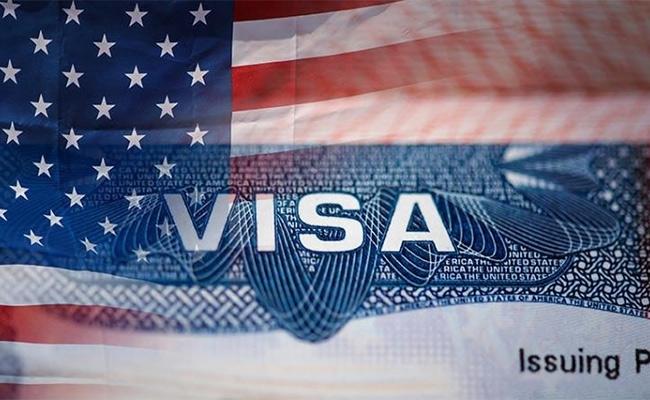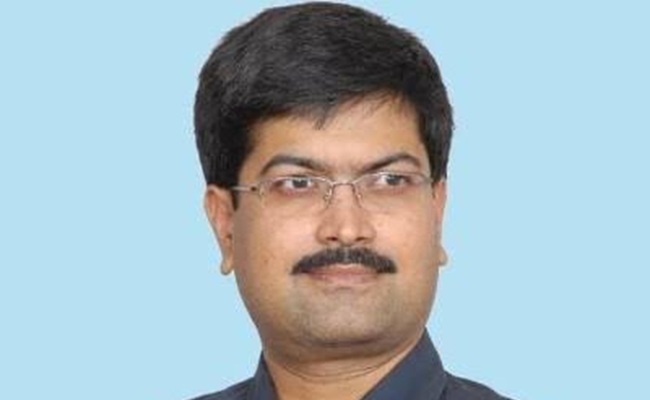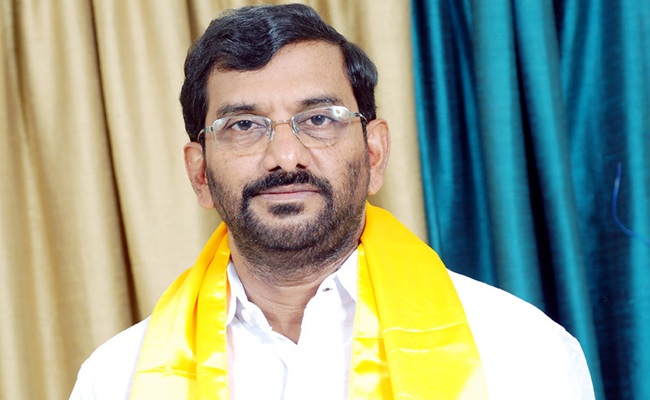
'Or else...' was the proverbial threat that put the fear of God in any person. Hindi films translated it to 'Warna...', a phrase villains used in every film! 'Your money or your life' followed. Today, all these have become a joke.
A note with a threat scribbled on it or a call from an untraceable phone number does the trick. No gun is pointed; in most cases only a call is enough. Such threats get wide coverage in the media and this helps the goons' cause. Of course, there are those who comply with the threats and nobody gets a whiff of what happened.
There was a time in the entertainment industry, more particularly in films, when every star who made big money lived in fear. The most scary and dreaded words were, 'Dubai se call hai'. And, the call from Dubai meant a call from the D-Company and that meant life or death.
Where did it all start? You can blame it on cricket. These countries did not play cricket, but cricket stadiums were developed in Dubai and Sharjah. The teams and managements of the cricket-playing nations were ready and willing to comply and play at these venues. Of course, the real cricket in these countries was cricket between the arch-rivals, India and Pakistan, because the expatriates from these two countries flocked to the stadiums.
These venues and the matches had become so popular that almost all the Indian consumer brands took up advertising space along the boundary lines. The actor-producer Feroz Khan started a trend when he advertised his film 'Janbaaz' at the venue. Boney Kapoor, always believing in picking up a good idea when he saw one, followed suit with 'Mr India'. The ads were expensive. These were also the first instances of Indian filmmakers advertising their films overseas.
One prominent face seen at these matches was Dawood Ibrahim, aka the Don. It is another story, but these matches facilitated what came to be known in cricket match fixing, which caught on and went on to become the scourge of the sport.
So far, the underworld, which had taken shelter in these countries, was happy mingling with and cultivating small-time actors, mainly female starlets. Soon, the big stars became regular features at this jamboree.
Most of them considered it a privilege to be invited by the Don to share his VIP box! You saw most of them beam at the TV cameras for their fans back home. As it turned out, cricket was for show of power and a business. The stars were there for pleasure; having them at his beck and call was an ego booster for the Don.
But, then, cricket was the most popular sport, the one that Indians and, especially, the stars were familiar with. And who did not want to be in Dubai to watch cricket? Especially so as special invitees of the Don?
So, year after year, while the matches were played, the stars, with family and friends, made a beeline for these matches to be seen with the powerful man who called terms even with politicians and the cops. What can give one a greater kick than being surrounded by the best of Mumbai film industry, counting from the Kapoor family downwards?
For the stars, what was wrong about gracing a Dubai event where an invitation also included five-star hospitality and return gifts of the most coveted luxuries of that time, the biggest television available in the market along with a video player? The items were expensive and the customs duties were exorbitant, besides, foreign currencies were scarce. Soon, there came a time when the Don was the man to approach in case of disputes and not a court of law or the cops!
It was all friendship and brotherhood so far. But the Don now had an extended family of underlings, right-hand men, left-hand men, and so on. They knew how the film folk were in awe of the Don. And they started the business of 'Or else...'. Extortion.
Actors were making lakhs and the gangsters promised them protection, as in letting them continue with their work and rake in the money in peace, and the gang would never disturb them! Protection from whom? From the very gang that made the threat calls. It was a strange proposition. But paying up was the only option.
The film industry being so big, also had its own Jaichands, the informers, who tipped off the gangs about who made how much and other details. Besides the stars, the film producers also started getting threat calls. Any person who did not attend to the calls got a warning bullet shot at him.
These were no trained shooters. They were from the poorer states in the North, their loyalty was bought for as little as Rs 5,000. So, even a warning shot could very well prove to be fatal. There were quite a few targets who were shot at but survived. These worked as a warning that the Don meant business.
A producer would get threat calls when his film was being released and he was expected to come into money. In fact, some of those who were the eyes and ears of the underworld, the Jaichands, also fell victim when they were suspected of straying. Ajit Dewani, the secretary to actress Mandakini, and later to Manisha Koirala, was one. Shot dead.
The other one was producer Mukesh Duggal. In the film industry, he was suspected to be a part of that underworld. He became a victim of one of the factions of the Don's army. One lieutenant wanted him guarded, but another had other ideas. After all, you can't please everybody all the time!
Among the prominent film celebrities to be targeted was Manmohan Shetty, promoter of Adlabs, which controlled almost 80 per cent of the film processing and release print business. He survived the attack because the shooter's gun got stuck at the critical moment.
Mukesh Bhatt was targeted, as was Rajiv Rai. Their offices were sprayed with bullets and they were saved because they were away. Rajiv Rai had successful films like 'Tridev', 'Gupt' and 'Mohra' to his credit. Post this episode, he shifted base to the US and stayed there for a long time.
Rakesh Roshan was half lucky. He caught a bullet but survived after hospitalisation. Dozens of film personalities were seen being escorted by armed guards, provided by the government. Most were under a threat.
The underworld had nothing to lose. Their key members did not have to be on the scene and the shooters came for a pittance.
The video business was picking up at the time, piracy was rampant, and the underworld had a hand in this business. Soon, the underworld wanted to be a part of the film trade. They wanted to acquire the overseas rights of films. Probably, that was the best way to belong to the film industry. The producers they chose had to comply. 'Warna ...' .
The most gruesome of the film industry killings by the underworld was that of music tycoon, Gulshan Kumar. He was devoutly religious and followed a routine of visiting a temple every morning. In fact, he was instrumental in building many temples and donating idols. He was also known to provide help to the devotees of Mata Vaishno Devi, who visited the temple at Katra.
Gulshan Kumar was on his daily visit to a temple in the Four Bungalows area of Andheri (Mumbai), when he was chased by gun-wielding goons as he ran towards the temple hoping for divine help. He was shot multiple times mercilessly.
Unfortunately, Gulshan Kumar was the victim of the intra-film trade jealousy and enmity. A few rivals were jailed for a time, and one of Gulshan Kumar's prot�g�s, whose career he had built, was also a suspect and has been living abroad after fleeing the country.
Things came to a head in 1993 when the underworld decided to take on the state. Mumbai was subjected to serial bomb blasts. The heat was too much for petty film industry indulgences and film folk began to breathe a sigh of relief.
Of course, there were local gangsters who wanted to cash in on the D Company formula and threaten film celebrities, but to little effect.
Now, the threats are back. But these are believed to be to emanate from local gangs. The earlier threats originated in another country and were tough to tackle, but these, the latest ones, are easier to trace and tackle. These gangs, however, believe in setting an example, which they have done recently by shooting down the popular Punjabi rap artiste, Sidhu Moosewala.
The incident has stirred up the emotions of the masses, especially of the fans of Moosewala. But, for the culprits, it seems to have served the purpose. A feeling of fear and uncertainty has taken roots again. It may not be because of the Moosewala incident, but, soon after that, Salman Khan received a threat.
Looks like whoever issued the threat to Salman Khan has been recceing the family professionally. His father, Salim Khan, goes for a morning jog at the Band Stand promenade close to their home and as a matter of routine, he takes a break on a particular bench. A chit was left for him on this bench, where, normally, strugglers and aspirants leave notes seeking favours, but this one carried a threat.
It may not be D Compay, but a gun is a gun, and when fired, it kills. The cops have been informed and security has been enhanced for the star.
Threatening Salman Khan looks like a calculated move. If he can be threatened, others would be easier to scare. Salman Khan is the ultimate action hero and a lot of his fans believe in that image! But a gun is a gun and nothing can be deadlier than one in the hands of a faceless desperado.
(B-Town is appearing on a Saturday because it fits into our Weekend Package of theme-based stories and features titled 'Guns Goons Entertainment'. From next weekend, this column will run, like always, on Sundays.)













